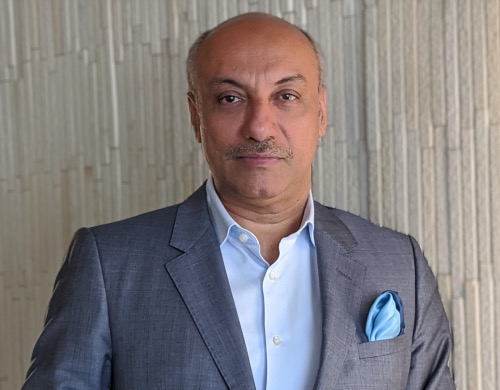Google today announced the appointment of Karan Bajwa as Managing Director of Google Cloud in India. He will be responsible for driving all revenue and go-to-market operations for Google Cloud’s extensive solution portfolio that includes Google Cloud Platform and G Suite. Google Cloud’s field sales, partner and customer engineering organizations in India will also report to him, and he will advise Google Cloud’s continued work with the local developer ecosystem and India-based Global System Integrators (GSIs).
Making the announcement, Rick Harshman, Managing Director of Google Cloud in Asia Pacific said, “Karan is a veteran in the industry with a proven track record of building and growing successful enterprise businesses. His experience will be a tremendous asset to Google Cloud’s business, our partners and our customers as we embark on this next phase of growth.”

Karan Bajwa, Managing Director, Google Cloud in India
Karan Bajwa, Managing Director, Google Cloud in India, said, “I’m very excited about this new challenge and I look forward to extending Google’s global momentum in India. Leveraging cloud computing technology to modernize and scale for growth is on the agenda of almost every enterprise CEO and CIO and Google Cloud is committed to help every organization accelerate their digital transformation.”
A senior leader with over three decades of leadership experience, Karan joins Google Cloud from IBM where he served as Managing Director for India and South Asia. Prior to IBM, he worked with Microsoft for nine years, his last role being the Managing Director for the company’s operations in India. He has also worked with Cisco Systems in India and Singapore.
In India, the customers that are working with Google Cloud to help them solve their most complex business and technology challenges include Dr. Reddy’s Laboratories, Indiamart, Hero Motocorp, ICICI Prudential, L&T Finance, LIC HFL, Manipal Hospitals, OYO Hotels and Homes, Truecaller, Wipro and many more to deliver high performing, low latency cloud-based services to their users, no matter where they are around the world., to name a few. Earlier this month, the company also announced plans to expand its presence in India by launching a cloud region in Delhi, adding to its Mumbai region which was opened in 2017.
RELATED STORIES
Google Cloud to Launch Second Cloud Region in India
LIC Housing Finance Adopts Google Cloud for Newly Launched App with HomY Mascot









